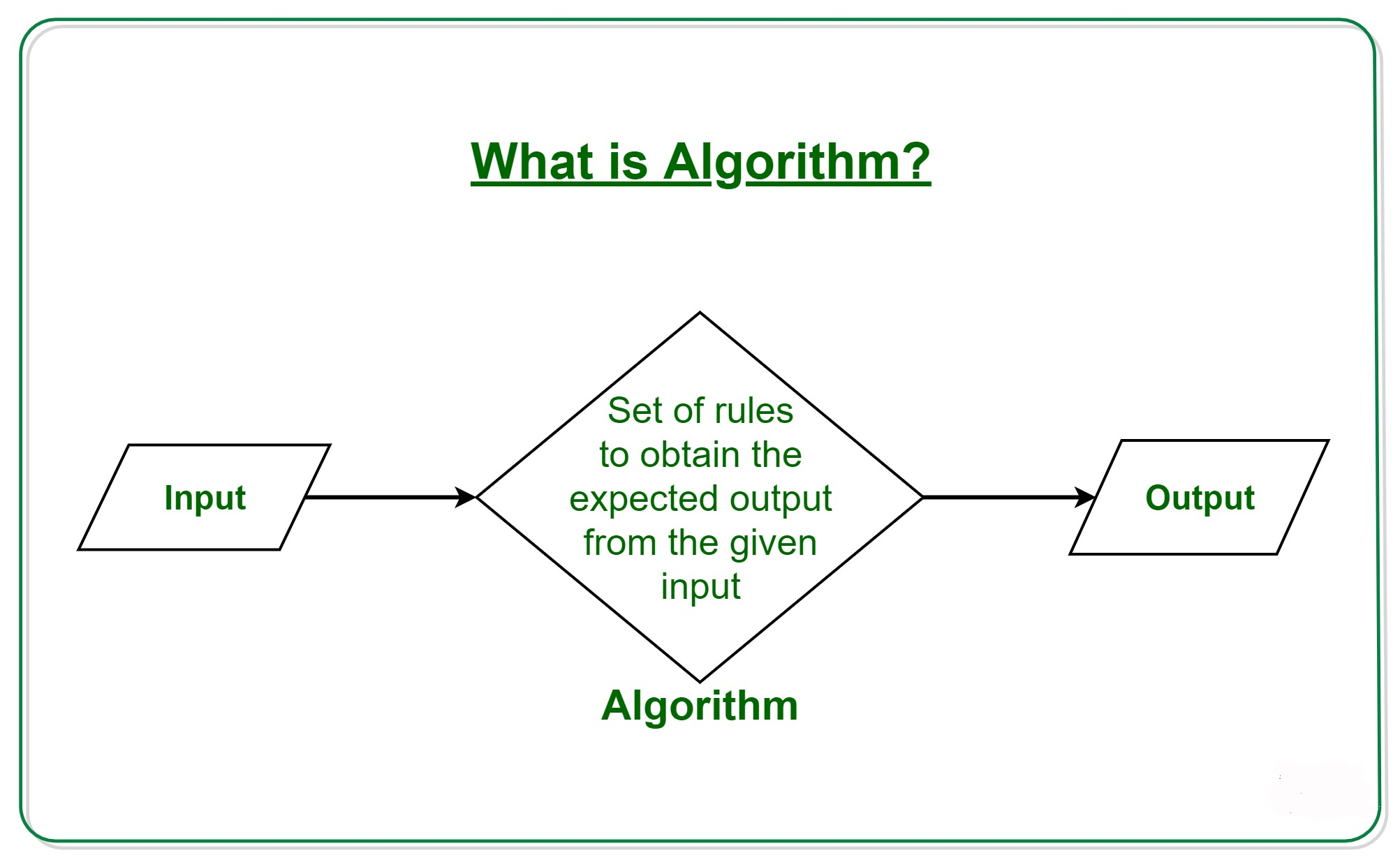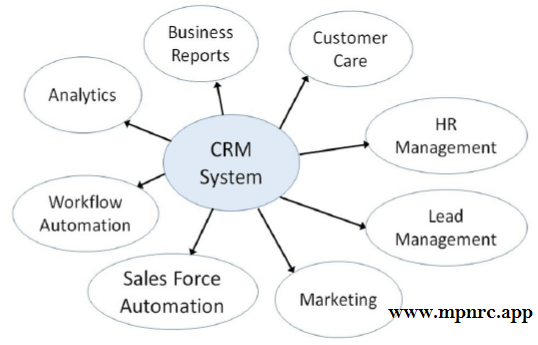
What is artificial intellect? It is simply the intelligence that machines display. While humans and animals show natural intelligence, machines can display artificial intelligence. A machine can recognize faces and offer recommendations based on past experience. What are the benefits of artificial Intelligence? What are the benefits of artificial intelligence? Is it worth the hype. Continue reading to find out. This is how the future of healthcare will be. What exactly is AI? And how does it function?
Artificial intelligence
What is artificial intelligence? Artificial intelligence is the intelligence displayed by machines. Natural intelligence is displayed by animals and people. Although machines are capable of learning tricks and playing games, they are not as intelligent as animals or humans. It is important to have a basic understanding about artificial intelligence. Here are some examples from artificial intelligence. Read on to learn more. Artificial Intelligence Definition
The idea of inanimate objects with intelligence is not something new. Hephaestus, an ancient Greek god, was depicted creating robot-like servants. Egyptian engineers created statues of gods using technology that could be animated and controlled by priests. The foundation for AI concepts, such as general knowledge representation, has been laid by thinkers throughout history who used logic and the tools available at their time.

Artificial intelligence applications
Although we are still in the early stages, AI has many practical applications that could benefit businesses. For example, in the retail sector, AI can be utilized to optimize in-store activity monitoring and product selection. AI is also used by retail stores to track inventory and perishable goods. It can even help identify IT errors and anomalies, allowing them to create patches or place alerts on systems. AI may one day be used for detecting disease outbreaks.
AI has many other practical applications, including in healthcare, finance, security, and banking. Financial institutions have been using artificial neural network technology for decades to flag fraudulent charges and claims. Security Pacific National Bank in particular established a taskforce that was created to prevent the unauthorized use or debit cards being used. Moneystream and Kasisto use artificial neural networks for detecting and preventing fraudulent activity. Artificial intelligence is also used in healthcare in the concept processing technology in EMR software, and clinical decision support systems to assist with medical diagnoses.
Strong AI vs. weak AI
Weak AI is also known as narrow intelligence. It is a subset in artificial intelligence. Weak AI has limited capabilities, unlike strong AI. The weak AI is not intelligent in general, but it can be specialized to do a particular task well. Its ability to mimic human behaviour and reasoning makes it an ideal candidate for robotic tasks. Strong AI can imitate human intelligence but weak AI cannot be considered intelligent. The best AI programs are only capable of performing the tasks they were designed to.
Both are important, but weak AI is far more dangerous. The latter does not have any real intelligence, such as self-awareness. It does have a wide range of cognitive capabilities. These abilities are what make strong AI different from weak AI. Artificial intelligence's main objective is to make machines capable of making intelligent decisions. It's not enough to make machines capable of complex tasks. They must also have consciousness and emotions.

Artificial intelligence and healthcare
Time is money in medicine. In the United States, hospitals will admit 33 million patients by 2020. Patients with varying health and insurance coverage may be admitted. Hospitals can make more money if they provide a positive patient experience. However, a poor one can lead to financial loss. AI in healthcare helps hospitals process millions to billions data points. They are able to quickly spot trends and make better decision based on those data.
AI is being used in drug development to automate much of the manual work. AI algorithms can help classify molecules into good or bad candidates. These data are then used by experts to evaluate the best opportunities. A groundbreaking study used AI to identify biomarkers for neurological disorders in an AI-powered trial. By using the right dose, physicians can reduce the risk of organ rejection. AI-based medical systems are easier to set up and cost less to maintain than traditional manual care.
FAQ
What's the status of the AI Industry?
The AI industry is growing at a remarkable rate. Over 50 billion devices will be connected to the internet by 2020, according to estimates. This will mean that we will all have access to AI technology on our phones, tablets, and laptops.
Businesses will need to change to keep their competitive edge. Companies that don't adapt to this shift risk losing customers.
The question for you is, what kind of business model would you use to take advantage of these opportunities? Would you create a platform where people could upload their data and connect it to other users? Maybe you offer voice or image recognition services?
Whatever you choose to do, be sure to think about how you can position yourself against your competition. Although you might not always win, if you are smart and continue to innovate, you could win big!
Why is AI important?
It is expected that there will be billions of connected devices within the next 30 years. These devices will cover everything from fridges to cars. The combination of billions of devices and the internet makes up the Internet of Things (IoT). IoT devices and the internet will communicate with one another, sharing information. They will also have the ability to make their own decisions. A fridge might decide whether to order additional milk based on past patterns.
It is estimated that 50 billion IoT devices will exist by 2025. This represents a huge opportunity for businesses. This presents a huge opportunity for businesses, but it also raises security and privacy concerns.
What are the benefits of AI?
Artificial Intelligence (AI) is a new technology that could revolutionize our lives. Artificial Intelligence has revolutionized healthcare and finance. It's also predicted to have profound impact on education and government services by 2020.
AI is being used already to solve problems in the areas of medicine, transportation, energy security, manufacturing, and transport. The possibilities for AI applications will only increase as there are more of them.
It is what makes it special. It learns. Computers are able to learn and retain information without any training, which is a big advantage over humans. They simply observe the patterns of the world around them and apply these skills as needed.
AI's ability to learn quickly sets it apart from traditional software. Computers can process millions of pages of text per second. They can recognize faces and translate languages quickly.
And because AI doesn't require human intervention, it can complete tasks much faster than humans. It can even outperform humans in certain situations.
A chatbot called Eugene Goostman was developed by researchers in 2017. It fooled many people into believing it was Vladimir Putin.
This shows that AI can be extremely convincing. Another advantage of AI is its adaptability. It can also be trained to perform tasks quickly and efficiently.
This means that companies do not have to spend a lot of money on IT infrastructure or employ large numbers of people.
Is Alexa an Ai?
The answer is yes. But not quite yet.
Amazon developed Alexa, which is a cloud-based voice and messaging service. It allows users to interact with devices using their voice.
The technology behind Alexa was first released as part of the Echo smart speaker. However, since then, other companies have used similar technologies to create their own versions of Alexa.
Some of these include Google Home, Apple's Siri, and Microsoft's Cortana.
What is AI used today?
Artificial intelligence (AI), is a broad term that covers machine learning, natural language processing and expert systems. It is also known as smart devices.
Alan Turing, in 1950, wrote the first computer programming programs. He was fascinated by computers being able to think. He suggested an artificial intelligence test in "Computing Machinery and Intelligence," his paper. The test tests whether a computer program can have a conversation with an actual human.
John McCarthy in 1956 introduced artificial intelligence. He coined "artificial Intelligence", the term he used to describe it.
There are many AI-based technologies available today. Some are easy and simple to use while others can be more difficult to implement. They can range from voice recognition software to self driving cars.
There are two main types of AI: rule-based AI and statistical AI. Rule-based uses logic for making decisions. To calculate a bank account balance, one could use rules such that if there are $10 or more, withdraw $5, and if not, deposit $1. Statistics are used for making decisions. For instance, a weather forecast might look at historical data to predict what will happen next.
Which industries use AI most frequently?
The automotive industry is among the first adopters of AI. For example, BMW AG uses AI to diagnose car problems, Ford Motor Company uses AI to develop self-driving cars, and General Motors uses AI to power its autonomous vehicle fleet.
Other AI industries are banking, insurance and healthcare.
Statistics
- That's as many of us that have been in that AI space would say, it's about 70 or 80 percent of the work. (finra.org)
- In 2019, AI adoption among large companies increased by 47% compared to 2018, according to the latest Artificial IntelligenceIndex report. (marsner.com)
- In the first half of 2017, the company discovered and banned 300,000 terrorist-linked accounts, 95 percent of which were found by non-human, artificially intelligent machines. (builtin.com)
- While all of it is still what seems like a far way off, the future of this technology presents a Catch-22, able to solve the world's problems and likely to power all the A.I. systems on earth, but also incredibly dangerous in the wrong hands. (forbes.com)
- More than 70 percent of users claim they book trips on their phones, review travel tips, and research local landmarks and restaurants. (builtin.com)
External Links
How To
How to set up Cortana daily briefing
Cortana is a digital assistant available in Windows 10. It is designed to help users find answers quickly, keep them informed, and get things done across their devices.
Setting up a daily briefing will help make your life easier by giving you useful information at any time. Information should include news, weather forecasts and stock prices. It can also include traffic reports, reminders, and other useful information. You can choose the information you wish and how often.
Win + I will open Cortana. Click on "Settings" and select "Daily Briefings". Scroll down until you can see the option of enabling or disabling the daily briefing feature.
If you have enabled the daily summary feature, here are some tips to personalize it.
1. Open Cortana.
2. Scroll down to the "My Day" section.
3. Click the arrow beside "Customize My Day".
4. Choose the type information you wish to receive each morning.
5. You can adjust the frequency of the updates.
6. Add or remove items from the list.
7. Keep the changes.
8. Close the app